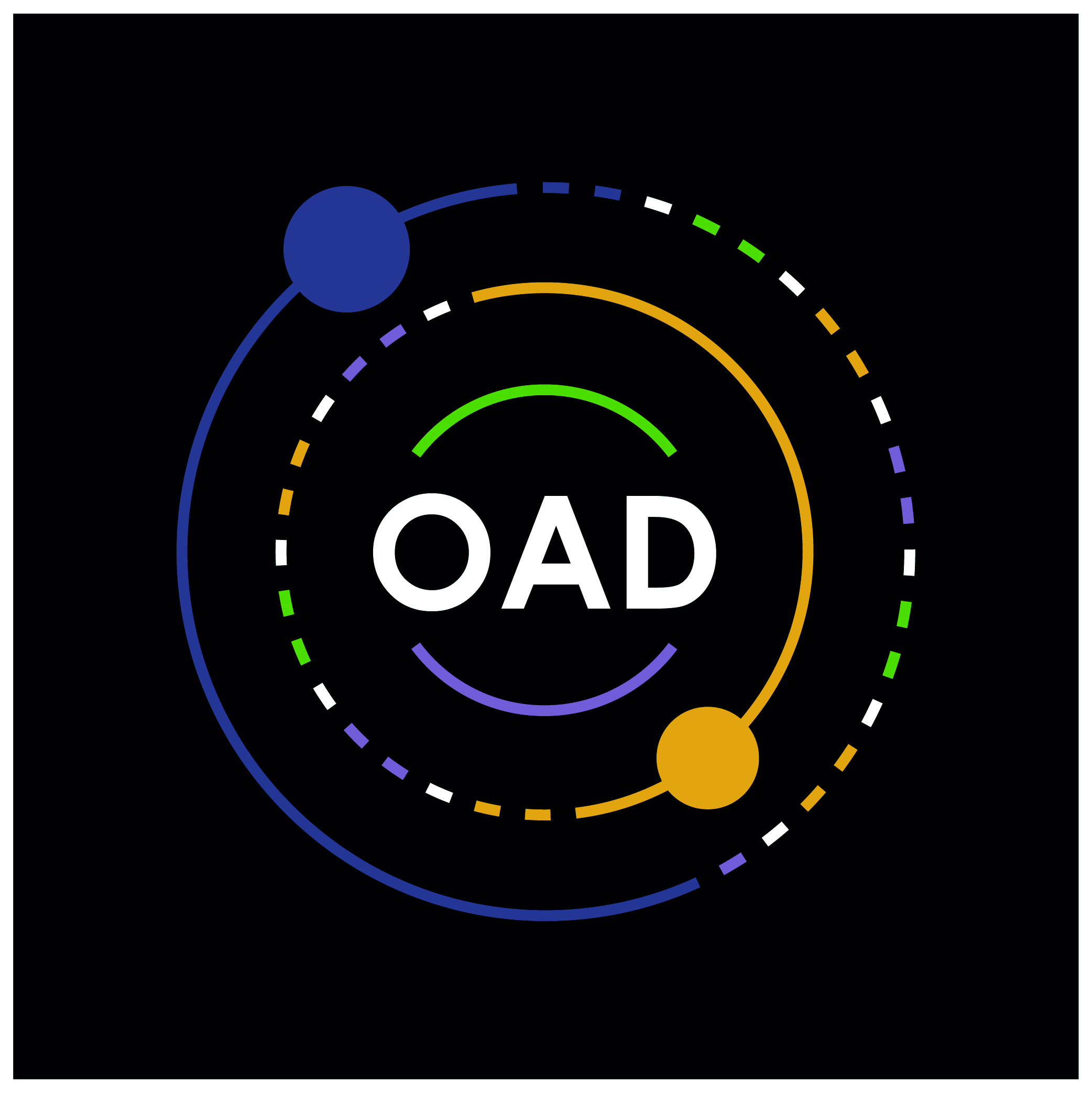CanSat Ghana uses space-based techniques (actual space-based mission) to build & develop a sustainable approach to teaching & learning the basic sciences while developing hands-on skills, building capacity & human resource in Space science & Astronomy. Space engineering, instrumentation & learning, based on the experimental satellite (Cansat) design/mission concept, enables students to gain hands-on experience through a specific interdisciplinary project. Involving; mission defining, conceptual design, integration & testing, launching & actual system operation, i.e., experience from the whole Space project cycle & then participate in the Cansat/Rocketry competition with other students. One of the main advantages of our project is its interdisciplinarity: combination of mathematics, physics, programming, telecommunications, aviation, rocketry, mechanics, etc. This project simulates a real satellite and contains all the components as a real Satellite, but with limited complexity. These CanSat modules (which we have already built) can be used for real life applications such as remote mapping of agricultural lands, weather monitoring, obtaining real satellite data etc. The key goal is to teach students how to build CanSats (along with essential skills such as mathematics, coding, electronics, etc.) and use this to solve real life problems in their society. Having partnered with a local electronics company (to design microcontroller boards for CanSats); this way we are involving indigenous companies in Space development. Our experimental satellite project has proved to be an effective educational tool for involving students in technology and engineering as a practical complement to other fundamental subjects, such as science, mathematics, etc. Project based-learning is something that is missing from the school curriculum, with the CanSat project we hope to introduce this valuable concept and experience to students.
Activities:
Launch: this was a hybrid event hosted at the Kwame Nkrumah University of Science and Technology in Kumasi. Here, all our selected schools (most of them joined in-person) were introduced to the CanSat Ghana campaign. This event covered talks on themes such as introduction to experimental satellites, electronics, space science, 3D printing and career opportunities in IT. The launch also featured an exhibition.
Training of selected school students with hands-on activities – Workshops (in person): all the selected schools were visited and had a hands-on session on the basics of electronics and coding (including installing all required softwares on computers for learning basic coding and electronics). These were 2 day workshops.
Online workshop on using coding kits/lesson videos on advanced coding and electronics: live and pre-recorded videos on how to use the various components found in the coding kits issued to all the selected schools. Examples of these components/lessons are payload module (and or Mabel – a complete microcontroller set for learning basic electronics), breadboard, PIR Sensor, ultrasonic module, RGB LED, LDR, buzzer, push Button, potentiometer, LEDs, DHT11 sensor, resistors and jumper wires.
CanSat Ghana Elementary Campaign Finals 2023
The final event brought together students from across Ghana to compete in designing, building, and launching their miniature satellites known as CanSats. These young minds applied science, technology, engineering, and mathematics (STEM) concepts to tackle real-world space challenges. The theme of this year’s campaign was: “Building the Ghanaian Space Industry, One CanSat at a Time”. It emphasized the significance of nurturing space-related skills and interests from an early age. Ghana, like many nations, is aspiring to have a robust presence in space exploration and technology. By engaging young students in CanSat projects, the country is sowing the seeds for future space scientists, engineers, and innovators.




